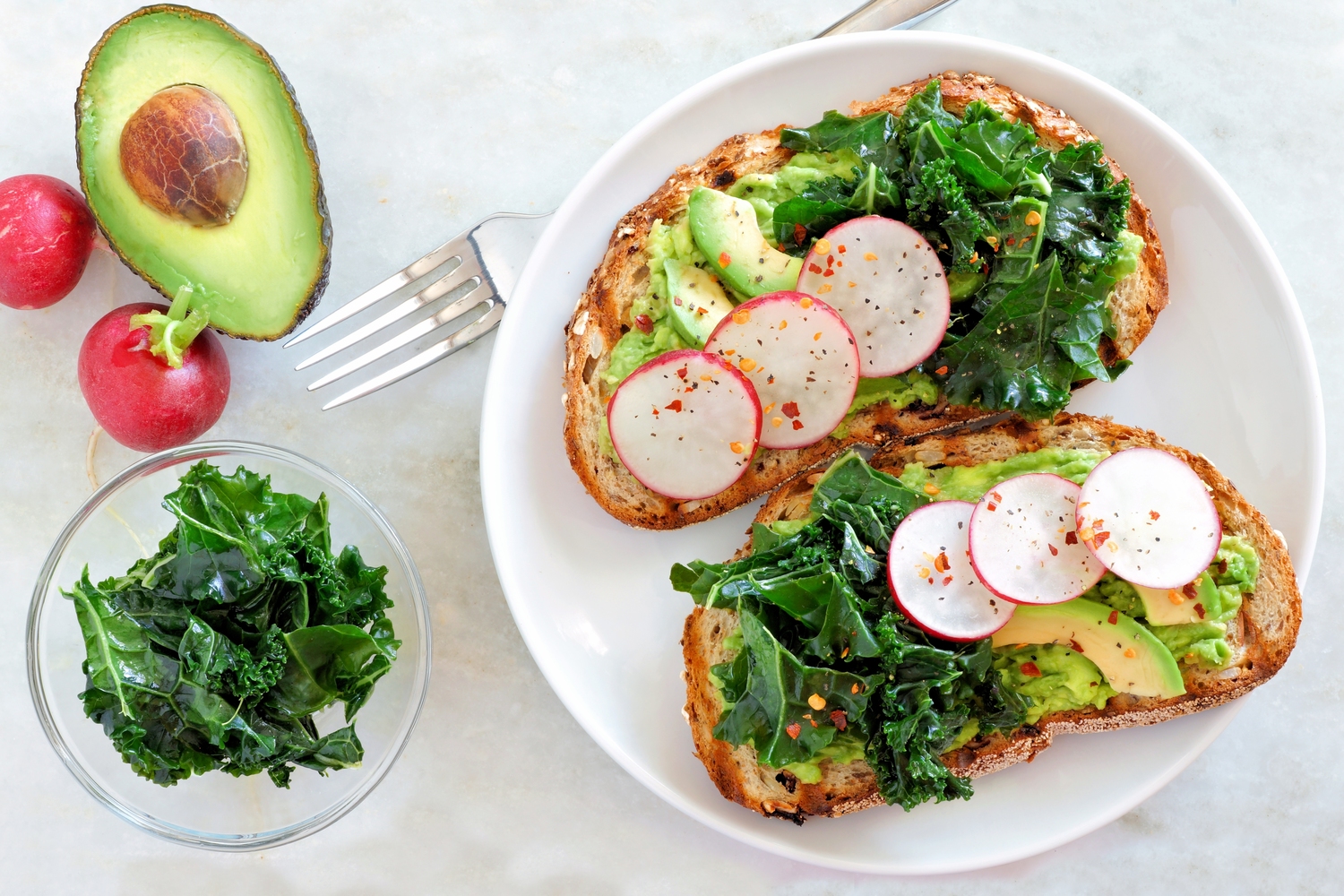
Foods to Eat and Avoid with Fibromyalgia
One of the most effective lifestyle tips for fibromyalgia patients can follow is a good diet. A balanced diet with foods that reduce symptoms of fibromyalgia, along with doctor-prescribed medications and therapies, can be helpful in managing this disorder. There are certain foods to be avoided by those suffering from this disorder. Some of these tips are presented in this article, such as:
1. Fibromyalgia and diet
Studies have shown that a balanced diet provides nutrients the body requires to ensure good health. Those suffering from any disease or disorder can manage their symptoms better by consuming a balanced diet. Diet is one of the best lifestyle tips for fibromyalgia patients can practice and it helps manage the painful symptoms of this disorder. Certain foods are beneficial in helping the body fight the symptoms of this disorder, and these must be included in the diet.
Other foods act as a trigger and aggravate symptoms and must be avoided.
2. Foods to avoid
Let’s first look at the foods to avoid if you have fibromyalgia. These foods can aggravate the symptoms of this disorder and make things difficult. Some of the foods that you should avoid if they cause a flare-up of your symptoms are:
- Foods that have monosodium glutamate, mainly used in Chinese cuisine, can be avoided as it can worsen the symptoms.
- If you’re sensitive to gluten, then you must avoid grains and cereals that contain gluten. It may cause allergies.
- Aspartame is an artificial sweetener used by diabetics. If you have fibromyalgia, it can aggravate your symptoms.
- Consumption of processed foods, including cured meats, must be reduced.
- Caffeine can reduce pain but affects sleep, and hence its consumption must be reduced.
3. Food to eat
The following foods are good to consume if you’re affected by fibromyalgia. They can help in improving general health and specifically alleviate symptoms of this disorder.
- Antioxidants
Foods rich in antioxidants can destroy free radicals that damage cells of the body. The use of antioxidants has been found to reduce fibromyalgia symptoms. Green tea, fresh fruits, and vegetables that are richly-colored are rich in antioxidants.
- Magnesium
Foods rich in magnesium have been shown to reduce the symptoms of fibromyalgia. Avocado, walnuts, bananas, dark chocolate, tuna, mackerel, dark and leafy greens, and legumes are rich in magnesium and can be part of the diet.
- Vitamin D
Vitamin D is good for the bones and can be obtained from foods like milk, orange juice, swordfish, tuna, and eggs.
- Anti-inflammatory foods
Foods that have anti-inflammatory substances can help in reducing pain and inflammation. Spinach, kale, collard greens, turmeric, and garlic must be included in one’s diet.
- Amino acids
Some studies have shown that consuming foods rich in amino acids helps in building strong muscles that can withstand the symptoms of this disorder. Foods rich in amino acids include soybeans, red meat, turkey breast, salmon, low-fat milk products, and quinoa.
- Whole grains
Consuming whole grains is advisable as compared to processed grains and cereals.




